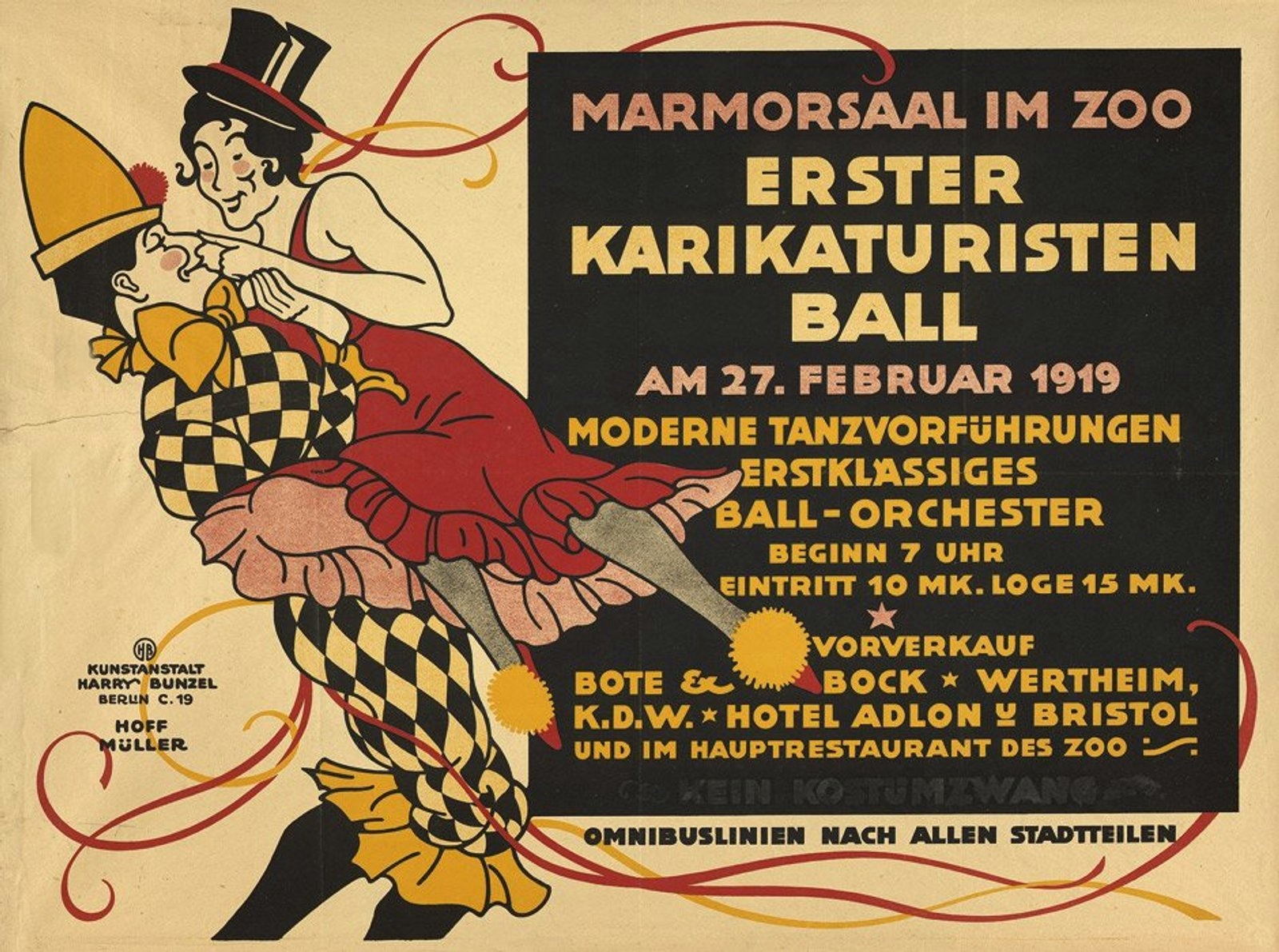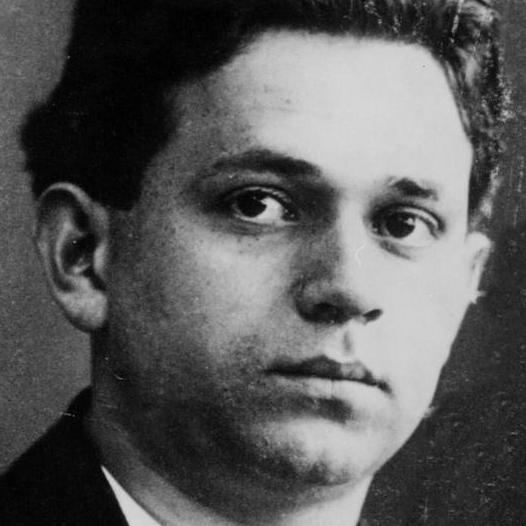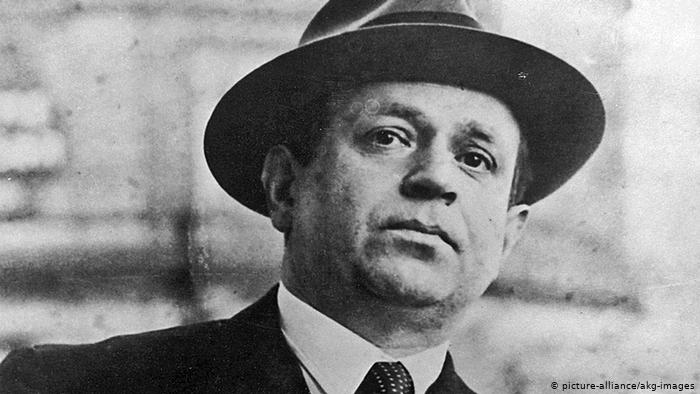

Kurt Tucholsky
Kurt Tucholsky was one of the sharpest satirists of the early Weimar-era cabaret. A committed and outspoken republican, he passionately believed his work had a powerful political function and believed “a well-aimed joke is a better lighting rod for public anger than an ugly riot”.

He found early success at Max Reinhardt’s Schall und Rauch cabaret and then with the Nelson revues on the Ku’damm, writing the lyrics for Bitte zahlen! (Please Pay!) in 1921, which featured Anita Berber, and Wir steh’n verkehrt (We’re Standing Backwards) in 1922. His more overtly political work was reserved for Rosa Valletti’s Kabarett Größenwahn and for the actress herself, for whom he wrote one of his most famous anti-war songs, Rote Melodie (The Red Melody).
After the financial crash of 1922 and what seemed like the end of postwar political cabaret he concentrated on journalism, moving to Paris in 1924 and then to Sweden in 1929.
In the early 1930s his journalism and novels were starting to cause him problems with the emerging far-right and his warnings of a threat to the German republic were falling mostly on deaf ears. In 1933, the new Nazi government burned his books and renounced his German citizenship.
On December 20th 1935, he took an overdose of sleeping pills and was taken to hospital in Gothenburg where he died the next day.
